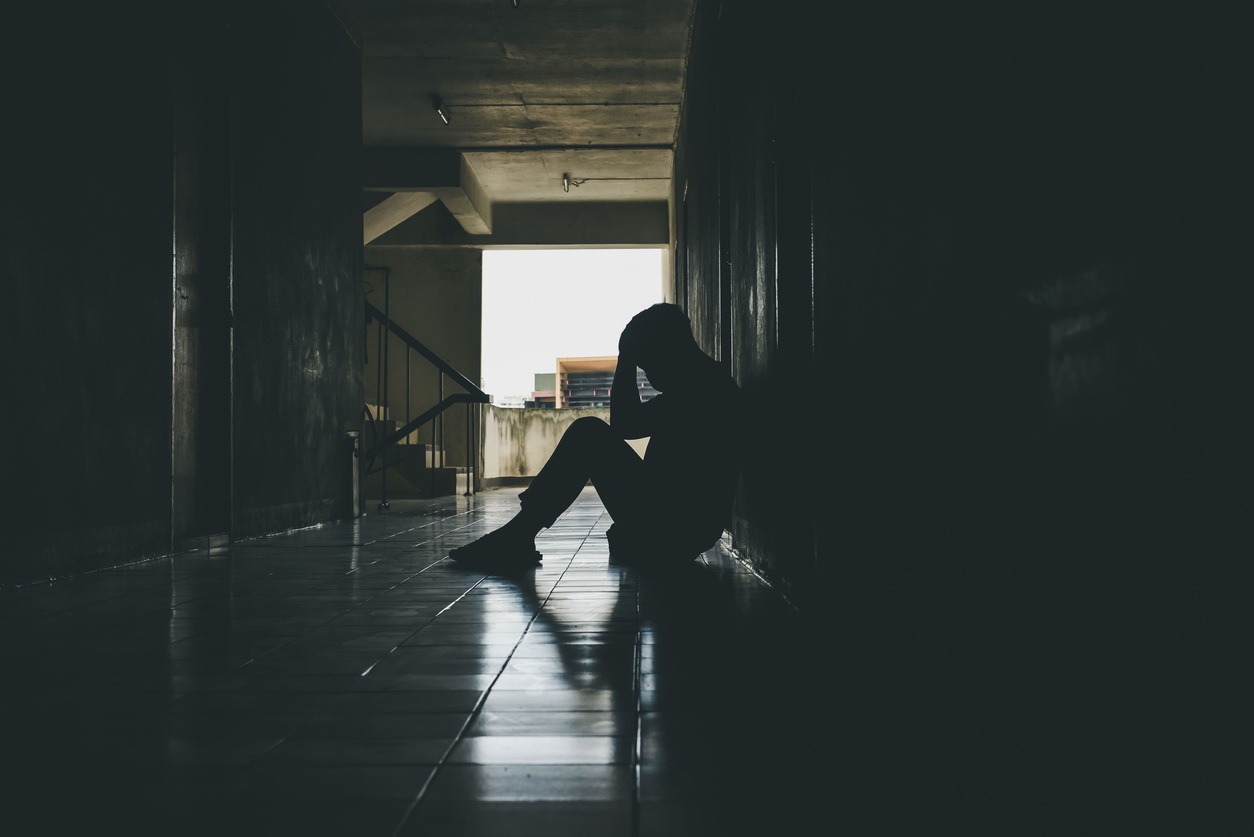- Sunday, April 27, 2025

By: Shubham Ghosh
Days after an 18-year-old first-year student reportedly committed suicide by jumping off the seventh floor of a hostel building on the Powai campus of India’s prestigious Indian Institute of Technology (IIT) Bombay in Mumbai, was allegedly ostracised by his friends since he belonged to the Dalit caste, the lowest stratum of castes in the country.
Darshan Solanki’s family told NDTV that he had told his sister and aunt about his experience in the institute. While authorities at IIT Bombay denied practice of discrimination on the campus, Solanki’s bereaved family was not convinced.
We mourn the loss of an 18 year old dalit student, Darshan Solanki, who joined @iitbombay 3 months back for his BTech. We must understand that this is not a personal/individualised issue, but an institutional murder. Despite our complaints the institute did not care to make the pic.twitter.com/qKH6Vw1HPE
— APPSC IIT Bombay (@AppscIITb) February 12, 2023
“When he came last month, he told me, and mom-dad, that there’s caste discrimination happening there. His friends came to know that he belongs to a scheduled caste, so their behaviour towards him changed. They stopped talking to him, they stopped hanging out with him,” his sister Jhanvi Solanki was quoted as saying by NDTV.
“He was in distress, he was being tortured. That’s why he did this,” his mother Tarlikaben Solanki told the channel.
Rameshbhai Solanki, father of the ill-fated student who was doing BTech (Chemical) course, said he had spoken to his son hours before the latter’s death.
“Two hours before his suicide, we got a call from IIT. He was speaking normally, asking ‘how are you’. He called to wish my elder brother’s daughter a happy birthday. He said he will go out today. I sent some money to his account. He said, ‘I have money, I don’t need money’. He wasn’t spending much, but I still send some money. I had no idea that something like this could happen,” he was quoted as saying.
Authorities at IIT Bombay refuted the charges that the teen from Ahmedabad in the western state of Gujarat went through systemic discrimination and said the death was being investigated.
In a statement issued on Tuesday (14), the premier institute said, “IIT Bombay strongly refutes claims in some news articles about the tragic death of a 1st year BTech student, that imply that the cause was discrimination, and say it amounted to ‘institutional murder’.”
Police registered a case of accidental death after the student died, apparently after jumping off the seventh floor of the hostel building. While no suicide note was found yet, a student group alleged that Solanki was forced to take the drastic step because of discrimination against Dalit groups on the campus.
On Wednesday (15), India’s minister of state for social justice Ramdas Athawale, an influential Dalit leader from the state of Maharashtra, visited IIT Bombay and sought a thorough probe into the death of Solanki and allegations that he was facing caste discrimination.
Speaking to reporters, he said, “I have demanded a thorough probe into the matter. There are allegations of the BTech student facing caste discrimination. I have asked the authorities to probe this angle as well.”
Action should be taken if required, he said.
“It is a very serious incident. In 2014, a Dalit student ended his life in a similar way. Six months back, another student outside IITB had died by suicide. I am also aware that two students from IIT Madras had also died by suicide. Such incidents are increasing and they should be probed properly,” the minister said.
Athawale also said he will make efforts to facilitate some financial aid to Solanki’s family members from Maharashtra and Gujarat governments.
“I have sought an appointment with Maharashtra deputy chief minister Devendra Fadnavis,” he said, adding that action should be taken if required. T
The Ambedkar Periyar Phule Study Circle, a student group, had called Solanki’s death an “institutional murder”.
However, the institute on Tuesday said it takes utmost precautions to make the campus as inclusive as possible and it has a zero tolerance for any discrimination by faculty.
Caste identity is never disclosed to any one (whether students or faculty) once the admission is done and the institute sensitises students to not seek proxy information such as ranks in entrance exams. It also gives strong warnings against discrimination right from the time students enter IIT.
While no steps can be 100 per cent effective, discrimination by students, if at all it occurs, is an exception, the premier institute said. The IIT Bombay has an Scheduled Caste/Scheduled Tribe student cell where students can reach in case of any issues including discrimination.
(With PTI inputs)